The Houthis, a Zaydi Shia militant group based in northern Yemen, have been in the headlines for weeks. Since the outbreak of the Israel–Gaza war, the Houthis have used drones, missiles and boats to attack ships in the Red Sea. They target vessels that they believe to be doing business with Israel or owned by Israelis. US warships in the area have shot down Houthi drones and missiles and have been targeted themselves. Still, most news media regard the Red Sea scuffles as little more than a sideshow to Gaza.
What most observers seem to miss is that this is an assault on one of the most vital shipping lanes on the planet. For decades, the US has kept international sea lanes open as part of its global “rules-based order.” Now, that order is under attack.
What’s going on in the Red Sea?
Yemen is in shambles. In 2014, the Houthis took control of the capital city, Sanaa, and overthrew President Abdrabbuh Mansur Hadi, a Sunni. The Houthis failed to take over the country’s vast east and densely populated south. In 2015, Saudi Arabia intervened against the Houthis in support of Yemen’s internationally recognized government. The ferocious Saudi bombing campaign killed thousands. Yet the Houthis have held on, and eight years later they are still standing.
Iran backed the Houthis, partly to prevent an allied Shia group falling to Sunni Saudi Arabia. Yet the Iranian–Saudi proxy conflict in Yemen is not just a religious struggle. Iran has Shia rivals (like Azerbaijan) and Sunni allies (notably, Hamas). What matters most to Iran is gathering fellow enemies of the American global order and of Iran’s archnemesis, Israel.
Related Reading
In the Houthis, Iran has a strategically placed ally. The Houthis are highly motivated and armed to the teeth with missiles and drones. Furthermore, their location in southwest Arabia puts them within spitting distance of the Bab-el-Mandeb. This 16-mile-wide chokepoint is the only way to get from the Red Sea to the Indian Ocean. A quarter of the world’s trade passes through this route. Even though Egypt is stable and the Suez Canal is safe and operational, it does not matter. There is no use passing through Suez unless one can get through the Bab-el-Mandeb on the other side.
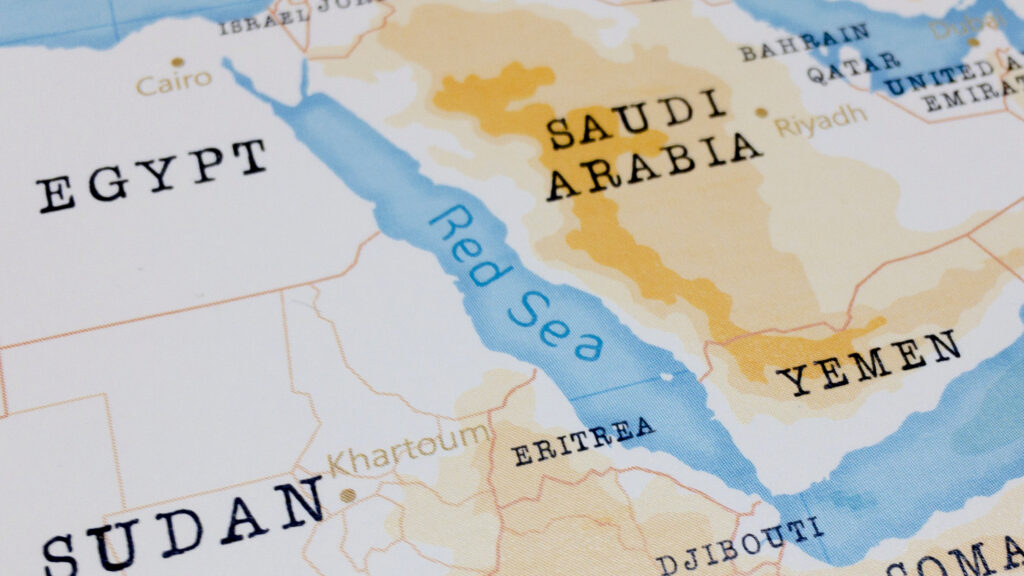
Now that the Red Sea route has become too dangerous, at least 121 container ships have decided to take the long way between Europe and Asia. This involves traveling all the way around the Cape of Good Hope in South Africa, adding weeks of extra travel time, raising insurance premiums, fuel costs and payroll expenses.
Cutting off the Red Sea is like putting the global economy into cardiac arrest. It is the coronary artery through which high-tech goods from Europe, oil from the Middle East and Southeast Asia and manufactured goods from India and China pass. Without the Red Sea route open for business, everything becomes more expensive.
The coming multipolar world
But why all the hassle?
Surely the Houthis are not just interested in making people pay more at the pump. The Houthis claim they are trying to cut off Israeli shipping and put pressure on the Jewish state to stop the fighting in Gaza. They argue that they are engaged in a humanitarian effort. This kind of message plays well with the Arab street but there is more going on.
In truth, the Houthis are not acting alone. Iran-backed militant groups across the Middle East have been stepping up attacks on Israel and the US. Militants in Lebanon, Syria and Iraq have launched over 100 missile strikes at US troops across the region. This is a coordinated attempt to push the American superpower out of the region. Iran is trying to make things complicated and painful for the US. Iran wants the US to either get mired in another insoluble scenario like Iraq or accelerate American departure from the Middle East.
Even further, Tehran is clearly seeking to refocus attention on the Palestinian plight in order to keep Iran strategically influential and relevant. The general trend of the last years, from the Abraham Accords to recent Saudi–Israeli normalization talks, has been Arab–Israeli rapprochement. Rapprochement comes at the cost of Palestine and sidelines Iran. By setting itself up as the champion of Palestine, Iran is making a bid for hegemony in the Muslim world.
Iran has been playing its position well. Indeed, Tehran seems to be doing as well without the late General Qasem Solemaini. In 2020, the US killed Soleimani via air strike. The dashing leader of Iran’s Quds Force was the brains behind many of Iran’s military and influence operations. Yet even without its hero, Iranians know what they are doing. They are sophisticated practitioners of realpolitik, and no one should ever underestimate what they are capable of achieving.
Iran stole the spotlight from the US last year by signing a China-backed rapprochement deal with Saudi Arabia. Yet its rivalry with its Sunni Arab neighbor remains. Currently, Iran is pulling on all levers to wrest influence away from Saudi Arabia. The Iranian strategy seems to be working. The October 7 attack on Israel by Iranian ally Hamas dashed hopes of a Saudi–Israeli deal. And now Iran has set itself up as the sword of Islam, supporting every militant group that is opposing the Zionists and their Crusader allies.
Related Reading
But let us zoom out even farther. Iran is not the only power seeking to carve out its sphere of influence safe from American power. Greater powers, namely Russia and China, are doing the same. This is a shift in international relations as profound as the end of the Cold War — only, unlike the end of the Cold War, we understand much less what the world will look like at the end of it.
China, Russia and Iran seek to directly overthrow, challenge and replace the American system. The US calls it an assault on the normative, rules-based order. The revisionist powers call it an assault on the imperialist, American order. Critics have a point. The normative system is, after all, the American one. The US created the International Monetary Fund and the World Bank. The US Navy patrols the world’s oceans and enforces the “law of the sea.” The United Nations is in New York, countless international organizations are in Washington, and the CIA keeps tabs on foreign diplomats operating on US soil.
However, critics forget one vital point. The normative system works, but it only works so long as smaller powers agree that they are better off in this system than in any other one. By and large, the US has striven to keep this true. The US has the ability to be just as ruthless as any other nation when it comes to what Washington sees as vital national interest. However, the US almost always begrudgingly accepts international rules even when they are against its not-so-vital national interests. The one glaring exception was the US Treasury’s behavior during the 1997 Asian Financial Crisis. Then, it openly pursued narrowly nationalistic goals, allowing the Asian economies to crash in order to keep the US economy safe. Note that, even at the time, key American policymakers like Nobel laureate Joseph Stiglitz fought American policy.
Despite benign aspects of the normative order, the revisionist powers are not happy. They foresee a world in which human rights are an internal affair, borders are a regional affair and the US does not get involved to “solve” other people’s problems. They champion pluralism against the unitarianism of America’s ideals. What that would look like in practice, no one can say.
India must be recognized as a great power
As China, Russia and Iran assert themselves, something else has gone almost unnoticed: the rise of India. Such has been the rapidity of the country’s rise that even Indian media have yet to fully grasp how their country is now a great power in its own right.
Related Reading
Indians, of course, are better aware than anyone that their economic, military and political might is growing. The world’s largest democracy is a confident and young nation. Naturally, India’s geopolitical aspirations are rising in concert with its power. Yet there is a disconnect between this self-image and India’s foreign policy in practice. In many ways, India still behaves more like the ex-colony it was than the power it has become.
The current Red Sea crisis has made this all the more visible. No one is more affected than India by a closing of the Suez route. After all, the British constructed the Suez in order to ferry troops and goods to India, the crown jewel of the British Empire. To this day, a large proportion of Indian trade goes through the Suez Canal.
Yet, India seems unwilling to commit itself to Western efforts to enforce the law of the sea. The US has created an international coalition of 12 nations to patrol the Red Sea route. The US can’t control the area on its own. It has a mere six ships patrolling the Red Sea, which comprises 174,000 square miles (450,000 square kilometers) of open water. That’s a lot of space for Houthi boats to hide in. To be successful, the US will need regional helpers. Yet India (and Saudi Arabia) are conspicuously absent.
India’s response is in line with its historic practice. India seeks to benefit from the international free trade system while decrying the American hegemon’s attempts to enforce this system. Some might say Indians like sausage but hate to see how it’s made. Given India’s history, it was reasonable for the country to do so. After independence in 1947, India has been an anti-colonial power, a historic friend of the Soviet Union, and it never wanted to be part of any cartel to control the world. But things have changed since the Cold War.
Now, India’s chief strategic threat is China. Russia is not the powerful friend it used to be, and India is at odds with Iran over Israel. India’s interests all point towards working more closely with the West. While US-Indian interests have slowly converged, India’s practices continue to lag behind its interests.
Yet India has just given a hint that things may change. On December 23, a drone (the Pentagon claims it was Iranian while India suspects Pakistan) attacked a tanker carrying oil from Saudi Arabia to the port of Mangaluru. The incident happened just 200 miles (360 kilometers) off the coast of Gujarat, the home state of Prime Minister Narendra Modi. In response, India has deployed three destroyers. The Indian deployment is not to the Red Sea but to the Arabian Sea, which lies to the west of the country. Still, this is a big development. India may be beginning to participate in US-led policing of the shipping route, even if it does not wish to do so formally.
China, Russia and Iran are embracing sphere-of-influence politics. Now, India must make a choice. Will it try to stay the course and keep out of the fray, or will it ally itself with the US and push back against revisionist powers? Over the past two decades, India has been integrating economically and politically with the West. Is it time to deepen this integration?
What is certain is that we are living at a time of grave risk. If the Houthis continue to shape the course of events, their actions will have consequences far beyond the Middle East. International trade could be under threat by nationalist powers from the Black Sea to the South China Sea.
[Anton Schauble wrote the first draft of this piece.]
The views expressed in this article/video are the author’s own and do not necessarily reflect Fair Observer’s editorial policy.




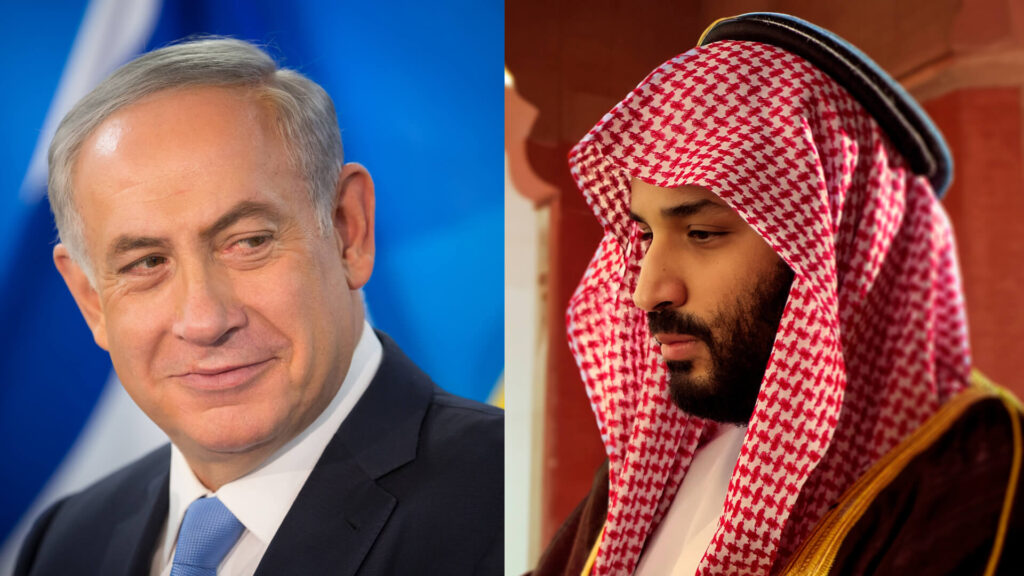
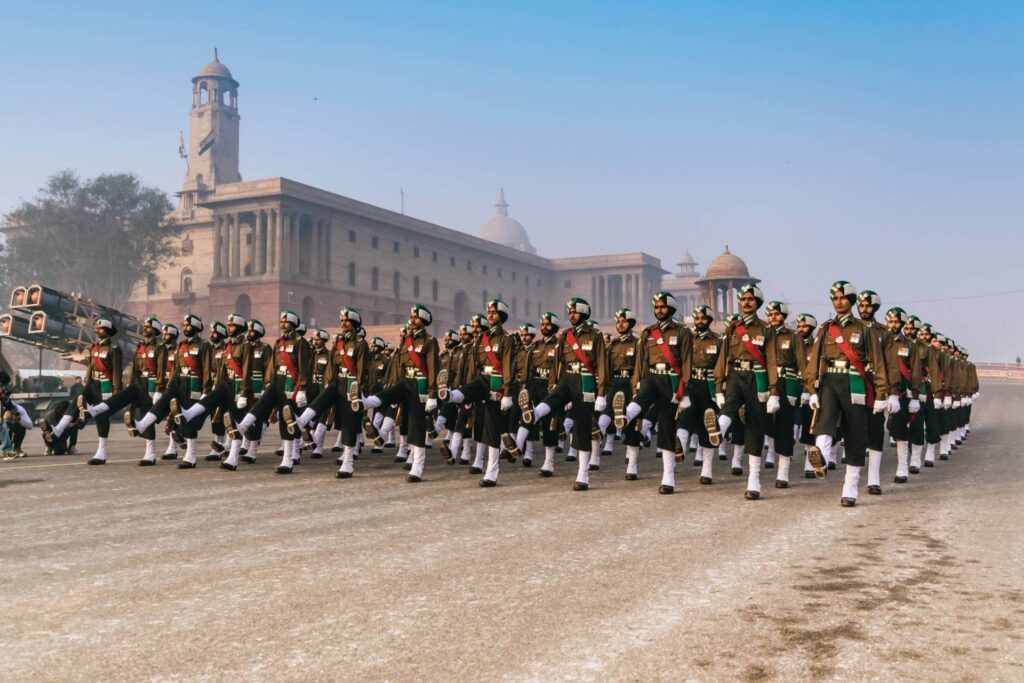





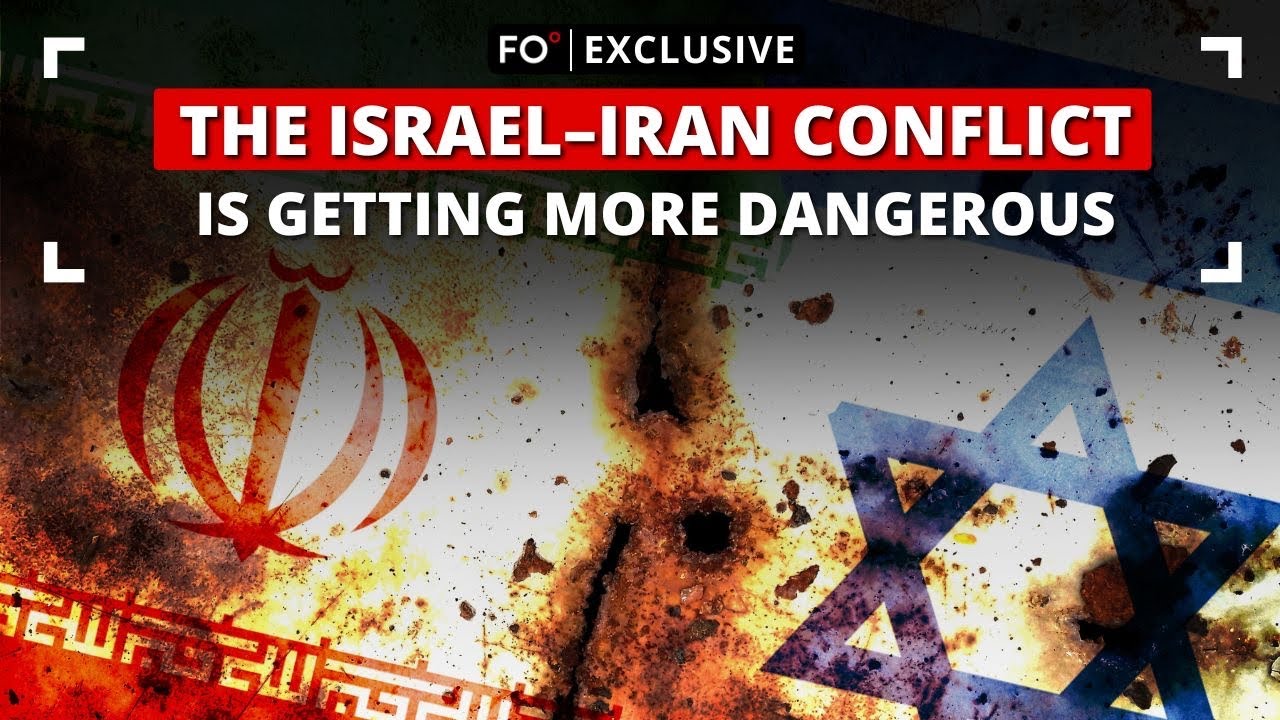








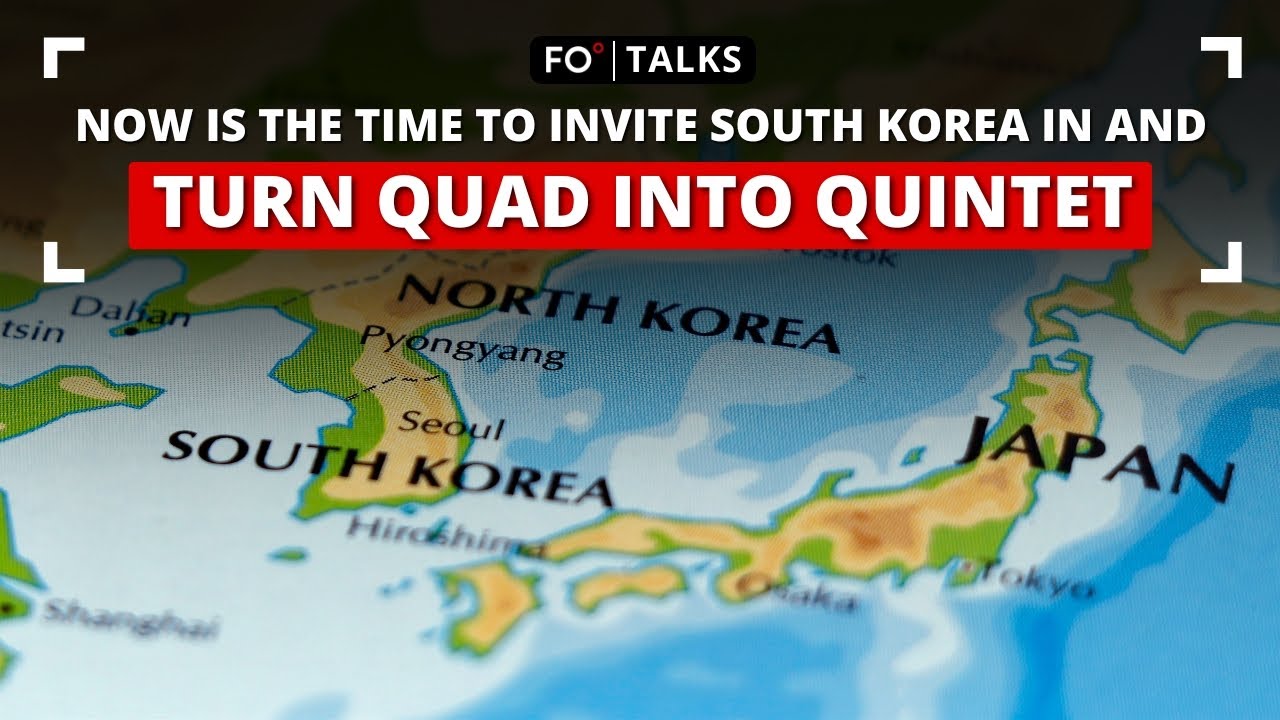














Saved Successfully.
This article saved into your bookmarks. Click here to view your bookmarks.
My Bookmarks